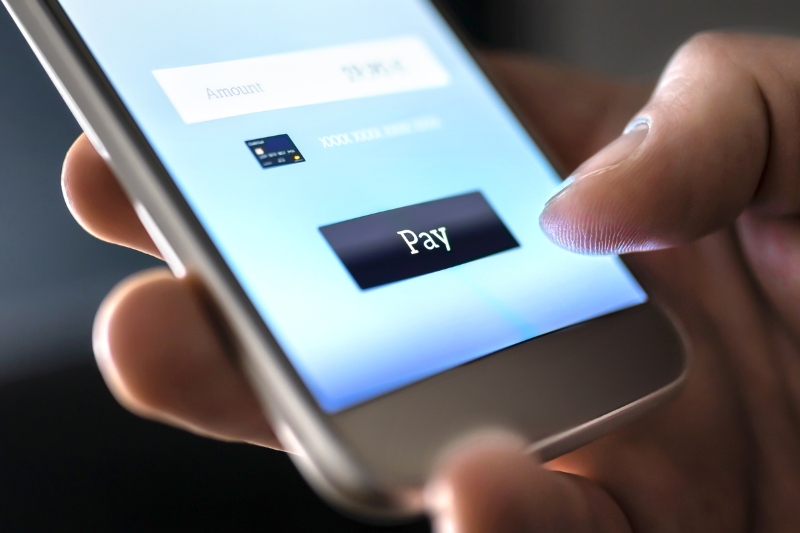New research from global giant payments, Visa, suggested that a fully cashless Philippine society may be possible in less than a decade. This is because more Filipinos are embracing digital payments out of necessity, two years into the COVID-19 pandemic.
According to Visa’s Consumer Payment Attitudes Study 2021, about 60% of Filipino consumers now carry less cash in their wallets, and 84% have tried going cashless — reflective of how the pandemic and the consequent lockdowns have sped up digital adoption. Compared with the previous year’s survey, the percentage of consumers who have attempted to go cashless increased by 5%points from 79% in 2020. Furthermore, 38% of consumers said they believed that going cashless may be possible by 2025, although a bigger percentage projected that it may take a bit longer.
According to Dan Wolbert, Visa country manager for the Philippines and Guam, Filipinos believe COVID-19 has accelerated the country’s transition to a cashless society by at least three years. Now, seven out of 10 consumers anticipate that the Philippines can become fully cashless within the next seven to 10 years. He also added that while cash is still commonplace in the Philippines, the preference for cashless payments is gaining momentum. Our study showed more Filipinos are confident to get by without cash and for longer periods — with more than half feeling confident to get by for a week or longer, as cashless payment options grow.
On the Visa’s latest annual study, cashless payment usage in the country had increased across a variety of payment options. Among the preferred payment options were: mobile wallets (64%), card payments online (52%), card payments at physical merchants (44%), and QR (quick response) code payments (31%). This shows that the pandemic has also driven the uptake of cashless payment methods, especially mobile wallets and card payments online, which drew a large number of first-time users due to the pandemic. The study also showed that bills payments, supermarket expenditure, and retail shopping were leading the transition to a cashless system. This was despite the absence of travel and tourism, which were big spending drivers before the pandemic. There is also a report on the increased usage of more complicated cashless payment options, such as those using digital identity and cryptocurrencies.
Visa Consumer Payment Attitudes Study was conducted in August-September 2021 through an online questionnaire to 1,000 Filipinos across Manila, Cebu, Cavite, Rizal, and Bulacan to assess consumer payment trends and interest in using new payment solutions.
(Source: Philippine Daily Inquirer)

